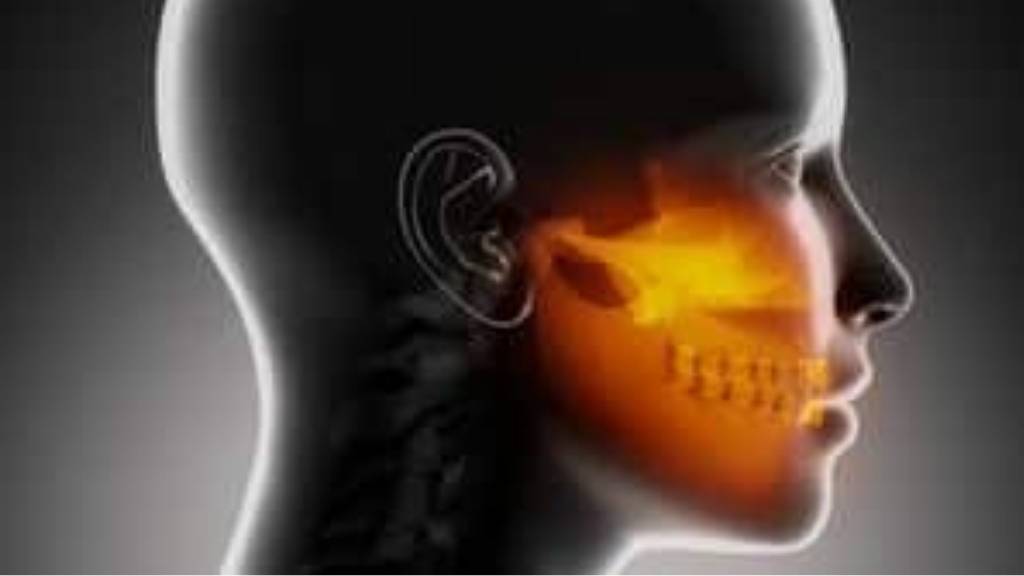APPOINTMENTS & EMERGENCIES 847 827 6290

We all know that our joints can cause tremendous pain and interfere with our daily lives when they do. When we think of joints, we usually think of knees, shoulders and knuckles as the real problem causers. The joints that are responsible for much of the pain people feel are often overlooked: the jaw joints.
Headaches, neck pain, back pain and even vision and hearing problems can be caused by jaw joint problems and a disorder called TMJ; temporomandibular joint disorder. Headaches are a primary sympton of TMJ disorder but there are other symptoms that may be surprising.
The jaw joints are located in the middle of your head behind each ear, and your entire head receives sensations from a complex cluster of nerves. TMJ pain may be in the jaws themselves, but it often travels to the head and throughout the face due to pain signals crossing. The location of the jaw joints makes pain anywhere in the upper body a possibility when the nerves begin to signal jaw pain.
Pain in the head and neck, particularly when it is chronic, can harm your posture. This happens because when you are in pain you tend to sleep, stand and sit the wrong way in a constant effort to be more comfortable. The effect this has on your posture can cause more pain, which can lead to a sore back.
The trigeminal nerve, the primary nerve that supplies sensation to the face, has three branches. Two pertain to the jaws, and one pertains to the eyes. This is how eye pain and even vision problems like floaters can be caused by trouble with the jaw joints.
While some eye problems can be directly caused by problems with the eyes themselves, symptoms in the eyes can sometimes be caused by TMJ. Some of these symptoms include pain or pressure behind the eyes, blurry vision, floaters and sensitivity to light.
Light sensitivity is also associated with migraine headaches, which in turn can be confused with headaches caused by jaw joint problems.
The jaws and ears are close together, and sometimes earaches and jaw pain can overlap. Inflamed tissue near the jaws and ears can cause the ears to become congested and result in hearing issues like muffled hearing or ringing in the ears.
You may also hear popping sounds that are coming from your jaws when you chew, yawn, laugh or even talk.
TMJ treatment can include dental procedures to align the teeth and ease pressure on the jaws.
We believe a balanced bite can relieve TMJ pain. If you have TMJ symptoms like headaches, facial pain, hearing or vision problems, neck pain or back pain and have not found a solution, call us for a consultation to discuss TMJ and see if jaw joint problems may be the source of your problem.